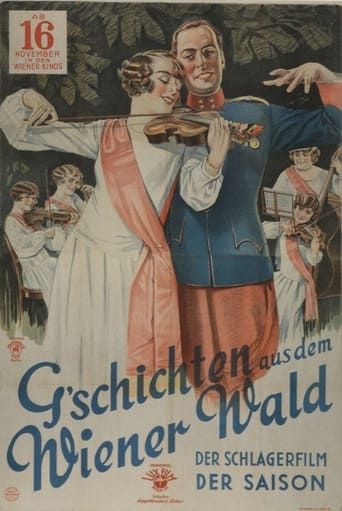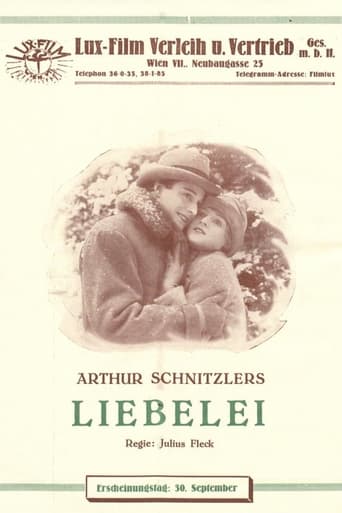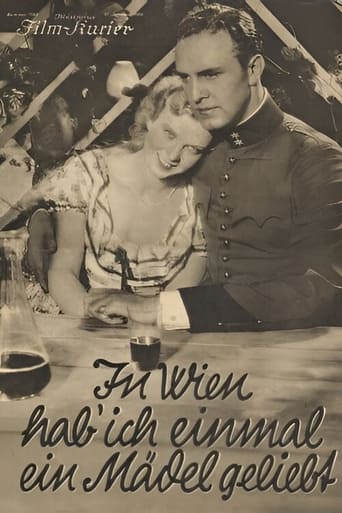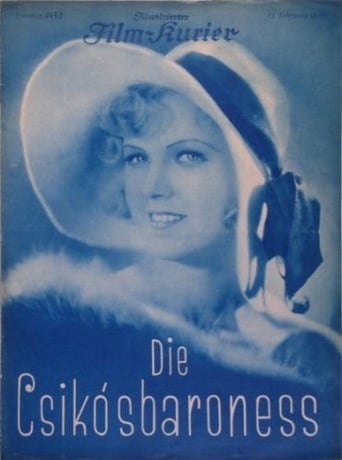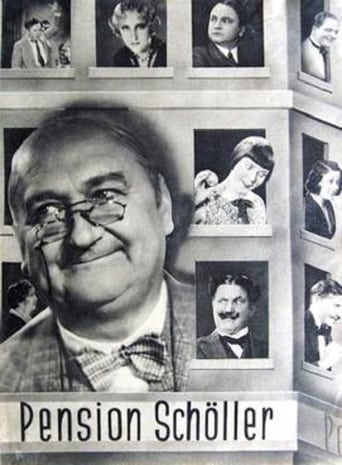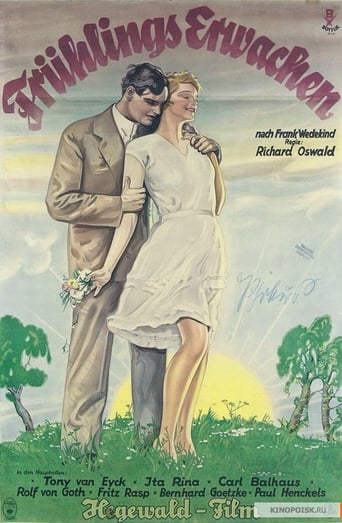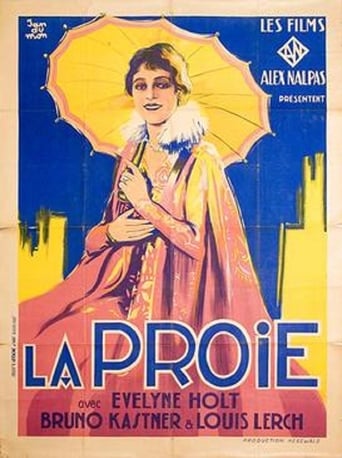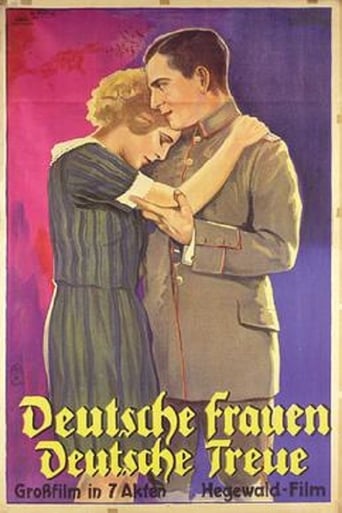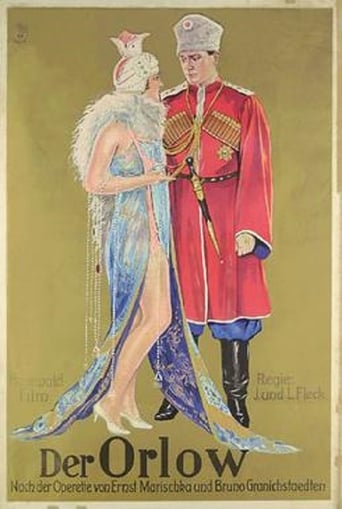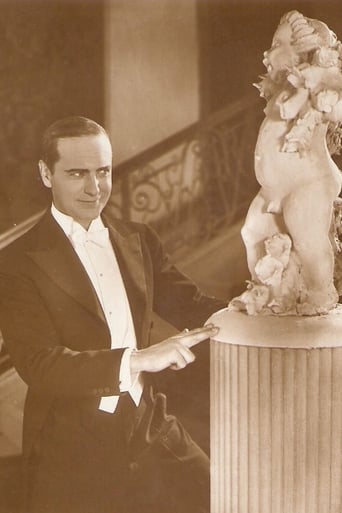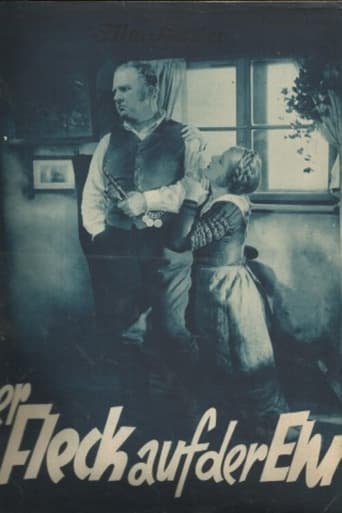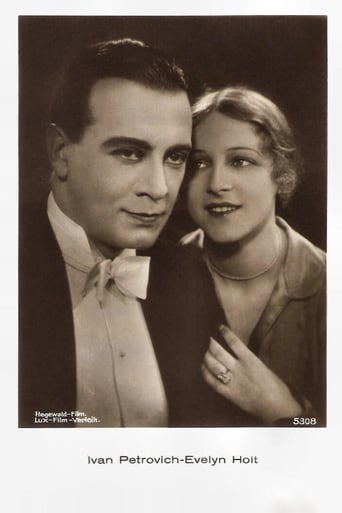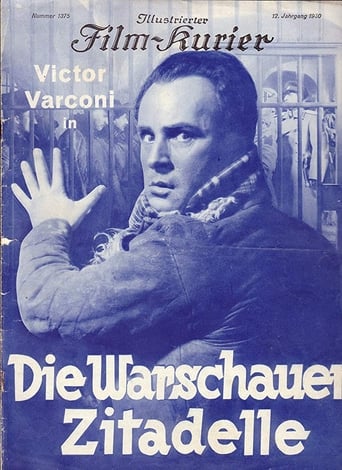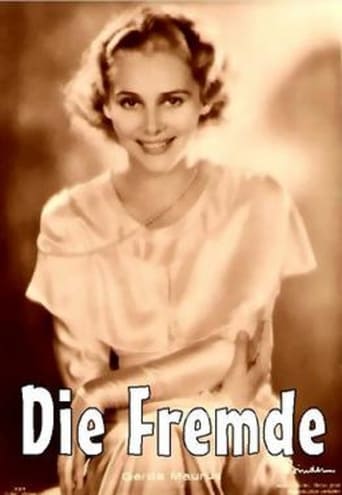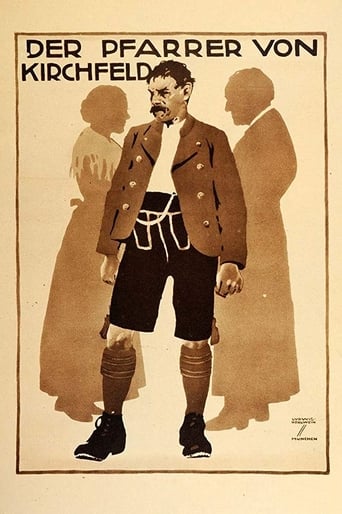Hegewald Film
Liebelei 1927
Film by Jacob and Luise Fleck.
Once I Loved a Girl in Vienna 1931
A musical about love that spans the period before and after the Great War in the Austro-Hungarian empire.
The Csikos Baroness 1930
Schoeller's Boarding House 1930
Adaptation of a popular comedy: When the country uncle he has been bilking comes to town to visit, a young student takes him to a boarding house full of exaggerated eccentric characters.
Spring Awakening 1929
Moritz Stiefel faces expulsion due to poor marks. When he is caught with an essay titled “Shame and Lust”, he is indeed kicked out – instead of classmate Melchior Gabor, who actually penned it. Gabor was drawing on his experiences with neighbourhood girl Wendla. Then Wendla turns up pregnant. Stiefel descends into despair ... Exploitation between Eros and Thanatos in this “sexual tragedy of youth” based on Frank Wedekind’s play. Setting the film in the 1920s provided a chance to explore “modern” youth culture, complete with cigarettes, jazz music, the gramophone, and a goodly bit of alcohol. Richard Oswald, a master of films of manners and young sex beginning in the 1910s, fully explores the temptations of the youthful body, even early childhood flirtatiousness. At the same time, with his target audience in mind, the film laments the bigotry and double standards of the adult world.
Fair Game 1928
The Orlov 1927
Based on the operetta of the same name.
The Prince's Child 1927
Based on the operetta of the same name.
The stain on honor 1930
A Girl from the Reeperbahn 1930
Lighthouse keeper Uwe Bull lives with his wife Hanne and the silent assistant Jens in a secluded, small world. When the only survivor from a shipwreck, young Margot from Reeperbahn, is washed up on the island, Uwe's feelings arouses. But dark clouds appear in the sky.
Frauenarzt Dr. Schäfer 1928
The respected gynecologist Prof. Hausen is averse to performing abortions. In contrast, his up-and-coming colleague Dr. Schäfer sees abortion as a means of helping women in need and openly advocates an amendment of the law. The professor’s convictions are shaken when misfortune befalls his own family. Louise Fleck presents her drama about the untimeliness of restrictive abortion legislation against the backdrop of modern urban reality. Seriousness, however, is preserved, because topics such as unwanted pregnancy, sexual violence, and the consequences of improperly performed abortions are not only addressed through minor characters, but also placed at the center of the cinematic narrative. (Anna Dobringer)
The Warsaw Citadel 1930
In the 19th century, Polish patriots rise up in Warsaw against domination by the Czar of Russia.

